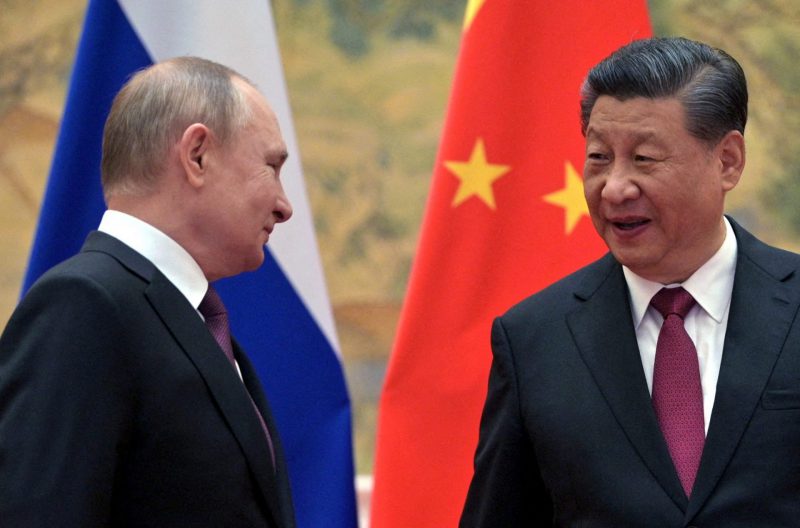As the BRICS economic alliance continues its work to shift global finance, the group has made a massive de-dollarization announcement. Indeed, the bloc has expressed a notable milestone in its quest to lessen international reliance on the US dollar.
The collective has not been shy about its stance against the currency. Since 2022, the group has contested Western sanctions on Russia following the invasion of Ukraine. That led to a massive initiative to promote local currencies and even develop a BRICS native payment system. Those goals took a massive step forward this week.


Also Read: 47 Countries Ready To Join the BRICS Alliance
BRICS Announce Major Step in Ditching US Dollar
The past several years have been hugely important for BRICS. The grouping welcomed expansion for the first time since 2001. Moreover, they have targeted increased economic cooperation. All in an effort to shift global finance, and create a multipolar world.
The bloc’s goals reached a milestone this week. Indeed, the BRICS bloc made a massive de-dollarization announcement. Specifically, Russian Foreign Minister, Sergey Lavrov announced that more than 90% of trade between Russia and China is settled in their native currencies.
Also Read: BRICS: Russia’s Trade With Alliance Hits Record as US Dollar Takes Major Blow
“Russia-Chinese trade and economic cooperation are actively developing, despite persistent attempts of the state of the collective West to put a spoke in the wheels,” Lavrov said. Moreover, he noted that almost all trade is settled outside of the US dollar. Now, the bloc is looking to expand that kind of production to its other members.
The collective now features nine nations altogether. After its 2023 Summit, Iran, Egypt, Ethiopia, and the United Arab Emirates (UAE) have joined the bloc. The grouping has already proven successful in its de-dollarization thus far. Since 2002, US dollar reserve have fallen 14% amid BRICS rise.
According to the Atlantic Council’s Dollar Dominance Monitor, the greenback’s global reserve share has steadily decreased. A decade ago, that figure was above 72%. Yet, it dropped to just 58% this year. The fall is likely due to the BRICS’ action against it, and ongoing concern over the fragility of the US economy as a whole.





